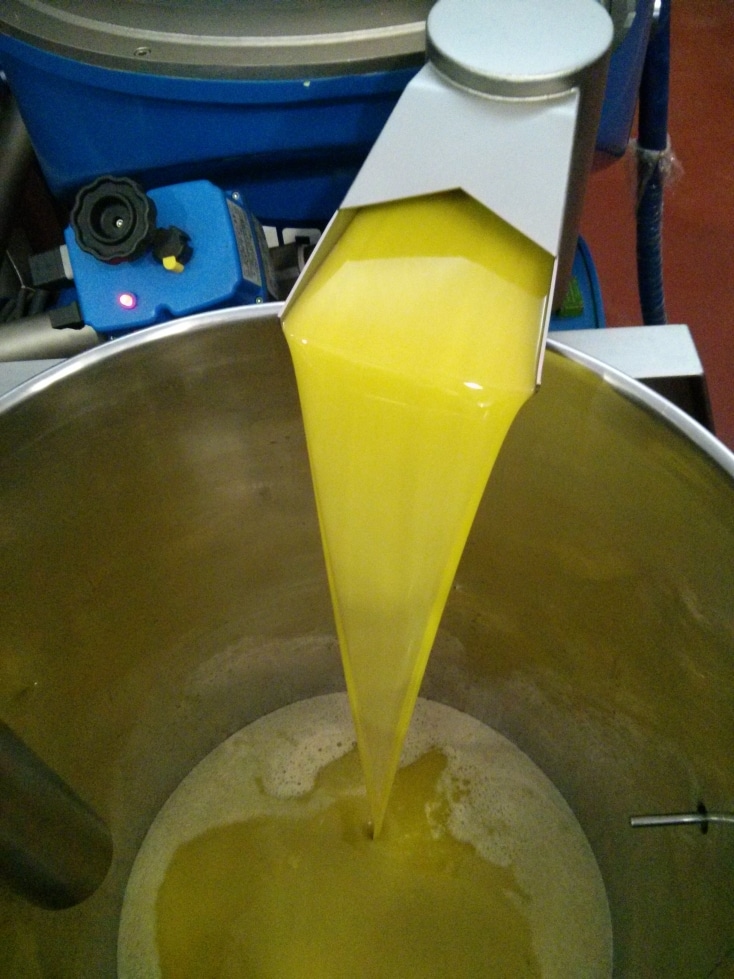Dax Villanueva: What do wine and olive oil have in common?
By Dax Villanueva, 16 March 2015
Wine and olive oil may seem like two very different products but in actual fact, they have a lot more in common that you might think.
Variety
Just as there are different types of grapes with different characteristics, there are different types of olives with different characteristics. There are in fact hundreds of types of olives around the world, but in South Africa we only cultivate at most 15 different types. Some examples of the types are:
– Mission
– Kalamata
– Manzanilla
– Frantoio
– Manzanilla
Some of them are better for table olives, others for making oil. Some of them are good for both.
Blending
Different varieties of wine can be blended to create a much improved final product which showcases the best of each variety. Like wine, olive oil can be made into a single variety olive oil, but mostly different varieties are blended together to get the optimal balance and takes advantage of the best each variety has to offer.
Just like wine, the blending of the oils is a tricky process which requires skill and experience to get to the planned final product. Consumers want consistency so there is a definite goal in terms of the taste profile of the final blend.
Harvesting
Grapes are harvested when their sugar levels are at the optimum (it’s a bit more complicated than that, I realise) and olives also need to be harvested at a specific time. The olives need to be ripe enough to provide a decent yield but if they are too ripe they lose a lot of their flavour (also a simplistic description).
Different types of olives will ripen at different times. Some farms will harvest specific trees when they are ready, not just harvest all the same trees at once. And in some cases they will harvest some olives from a tree and then come back for those that were not optimally ripe.
Harvesting is usually done by hand, but bigger producers might use harvesting machines.
The End
That is where the similarities end. Grapes must ferment to make wine, but for olives fermentation is bad. The olives must be processed as soon as possible in order to prevent any fermentation. The olives will be crushed within hours of picking and the juice will go into a tank with an inert gas on top to prevent any oxygen contact.
The question this raises is, why are we so happy to pay over R100 for a bottle of wine which we drink in an evening, but we balk at paying more than R100 for a bottle of good quality olive oil which probably lasts a month or more?
Dax Villanueva is founder of lifestyle blog Relax with Dax and is also involved in Olive Central, a promotional initiative for the SA olive and olive oil industry.








Comments
0 comment(s)
Please read our Comments Policy here.